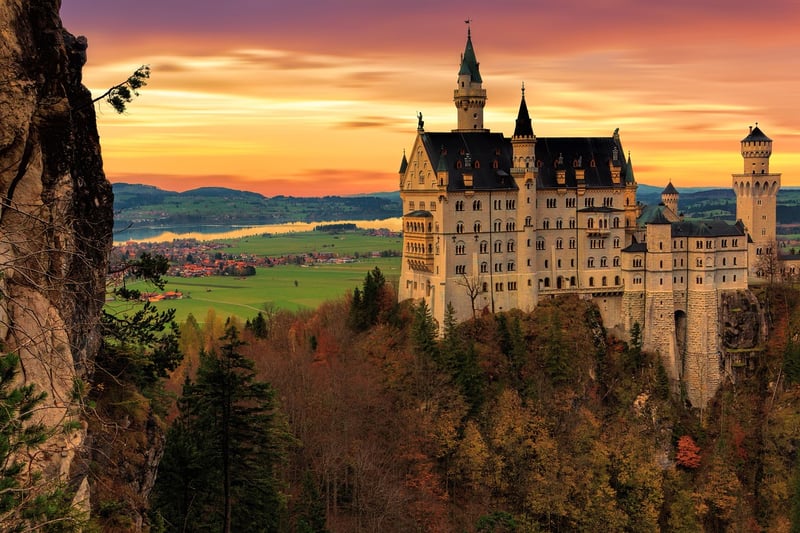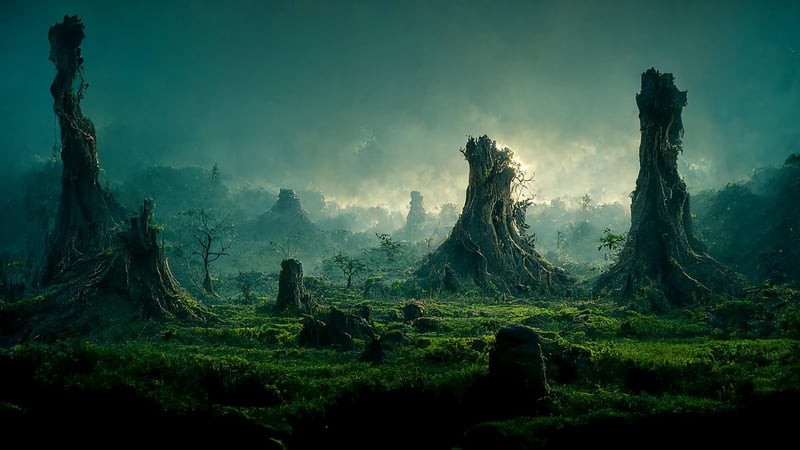Future Landscapes
Exploring Different Time Periods and Future Landscapes
Introduction
Discovering the diverse landscapes of various time periods can provide valuable insights into the evolution of our world. From ancient civilizations to modern urban landscapes, each era has left its unique mark on the environment. Additionally, envisioning future landscapes allows us to speculate on potential developments and challenges that lie ahead.
Ancient Landscapes
Step back in time and imagine the majestic landscapes that once flourished during ancient civilizations. From the grand pyramids of Egypt to the lush rainforests of the Mayan civilization, these landscapes reflect the ingenuity and cultural richness of their time.
Image of Ancient Egyptian Pyramids:

Medieval Landscapes
Travel through the medieval era and explore the enchanting landscapes dotted with castles, villages, and vast forests. The medieval period was characterized by feudal societies and grand architectural feats that shaped the countryside.
Image of Medieval Castle:

Modern Landscapes
Enter the modern age and witness the dynamic landscapes shaped by industrialization, urbanization, and technological advancements. Skyscrapers, highways, and bustling cities define the contemporary landscape, showcasing human progress and innovation.
Image of Modern Cityscape:

Future Landscapes
Looking ahead, envision the potential landscapes of the future influenced by climate change, sustainable practices, and technological breakthroughs. Sustainable cities, green spaces, and futuristic architecture could shape the landscape of tomorrow, offering a glimpse into a more environmentally conscious world.
Image of Future City Concept:

Conclusion
Exploring different time periods and contemplating future landscapes allows us to appreciate the rich history of our planet and envision the possibilities that lie ahead. By understanding the past and looking towards the future, we can gain valuable perspectives on how landscapes evolve and adapt over time.
